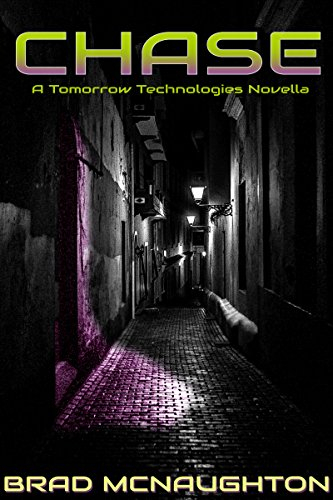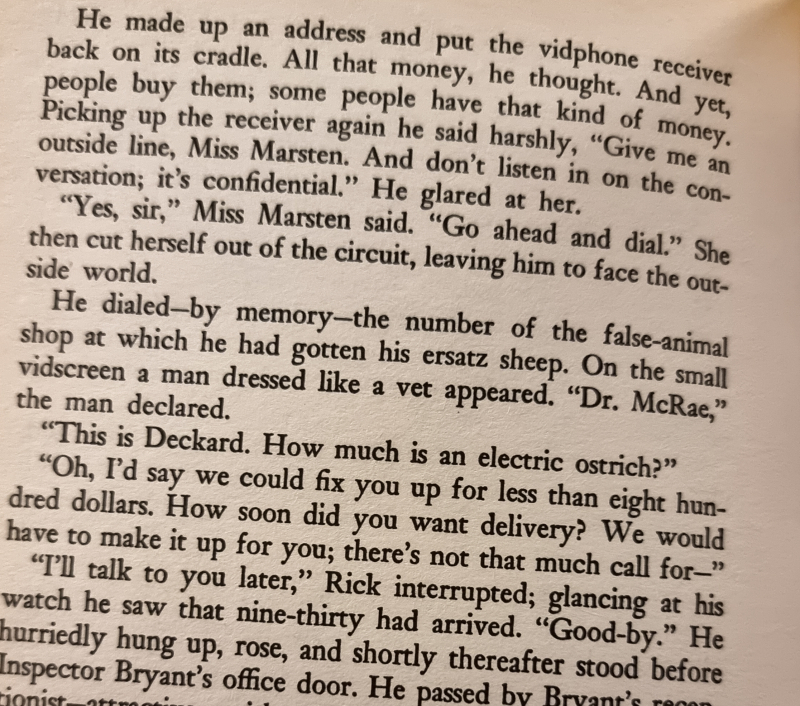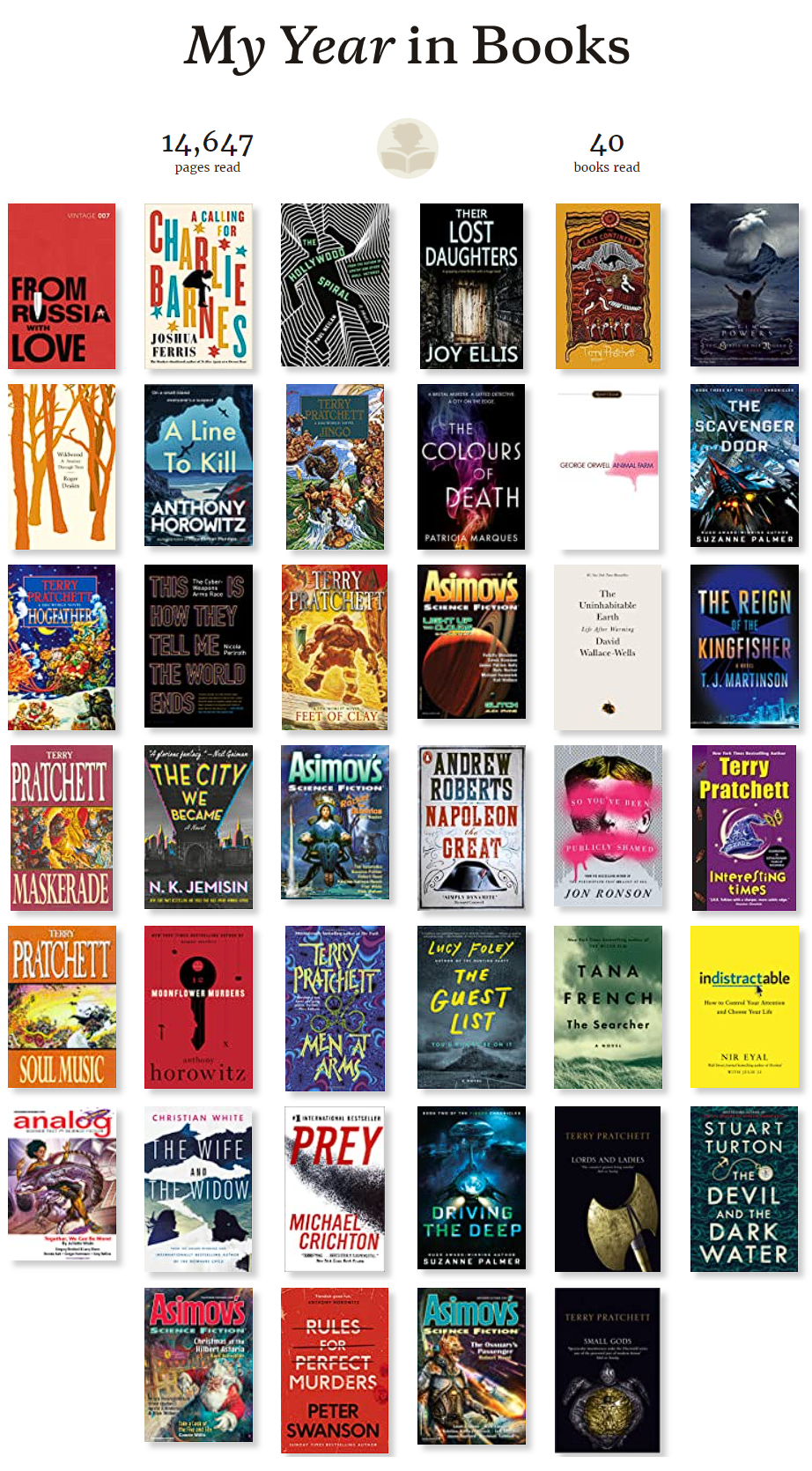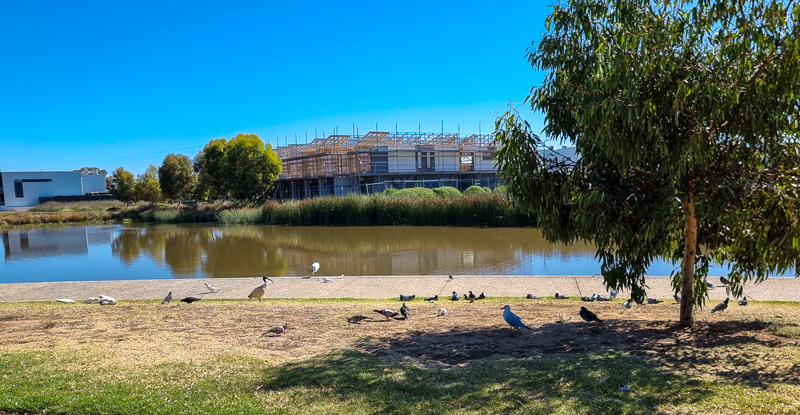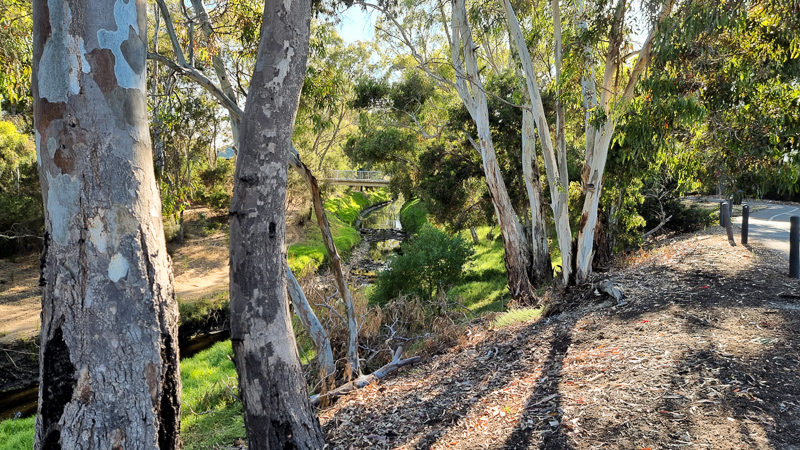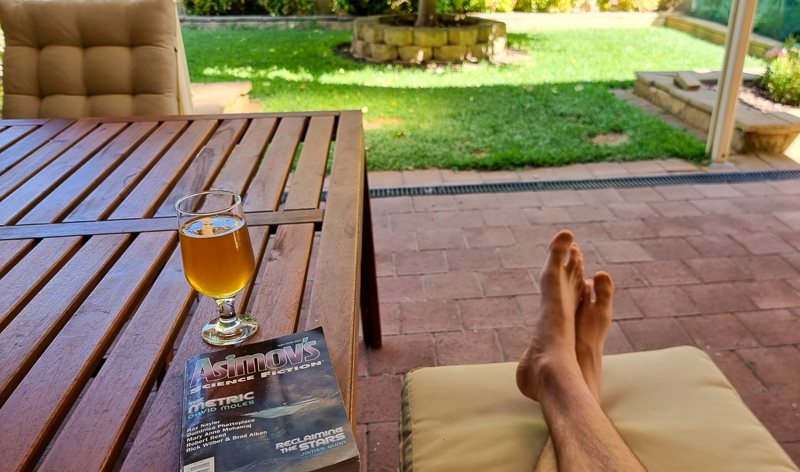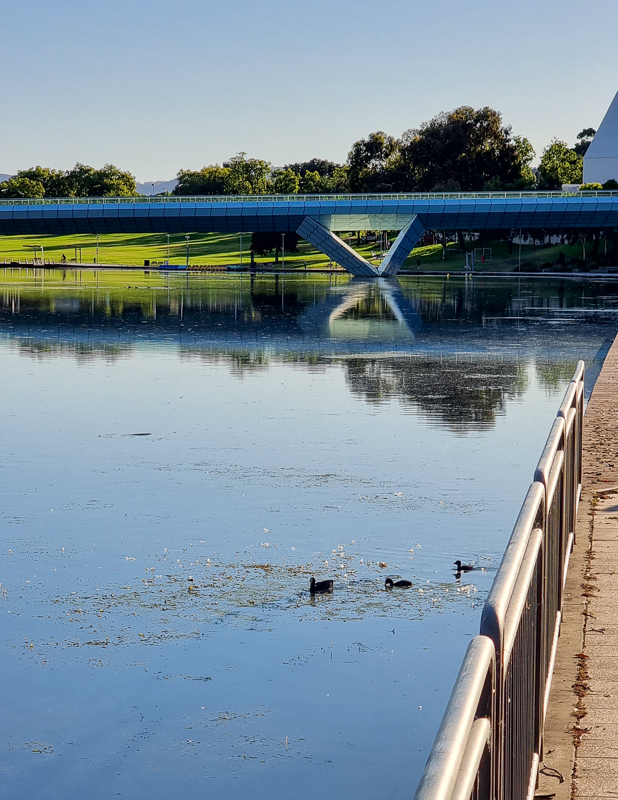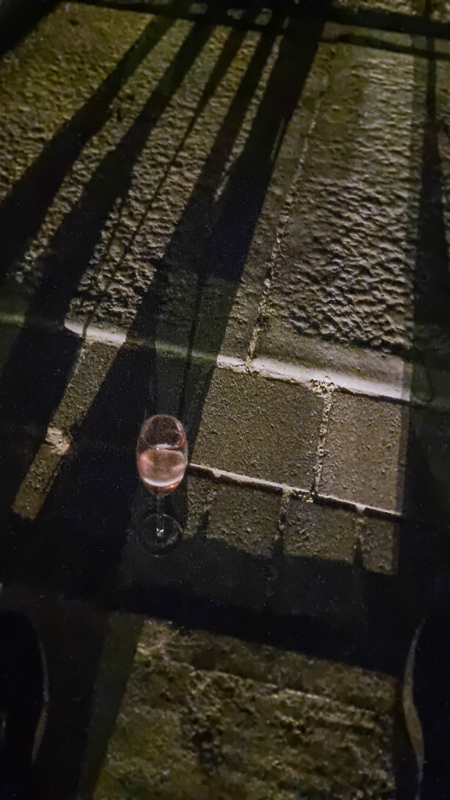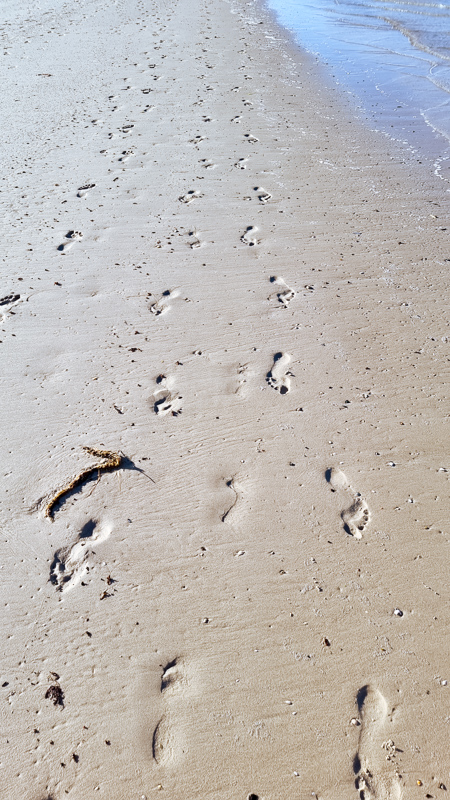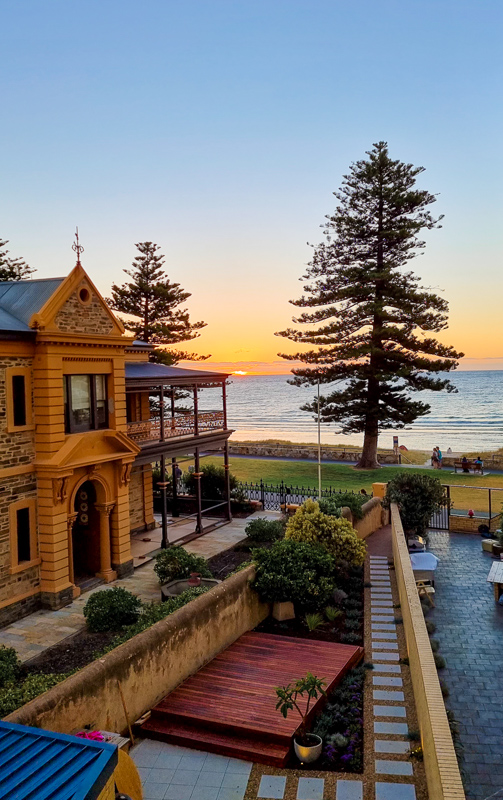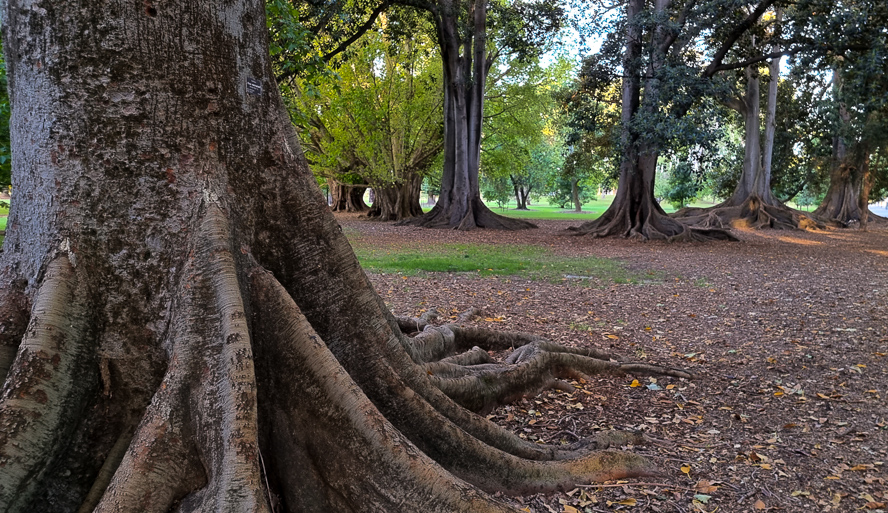I digested a whole lot of books in 2021. Was this better for me than watching TV? Who knows. But to celebrate I’m going to review all the ones I gave 5 stars. In alphabetical order.
A Calling for Charlie Barnes by Joshua Ferris
Ferris is a literary author with the punchy prose of a thriller writer and the comedic timing of Larry David. There were moments in the first half of this novel where the characters and circumstances were so expertly written into sitcom style awkwardness I couldn’t help but marvel at the setup. Which is impressive, considering the topic of the novel is, at that stage, dying:
Cancer of the pancreas is the piano that falls from the sky. You have time to glance up, maybe. Then, splat! Like a bug on the cosmic grille.
It really was a novel of two parts, and while the second took a different turn that initially left me longing for the awkward, hyper-detailed comedy narrative of the first, in the end I can’t fault Ferris for breaking with typical conventions, and writing a story that really is about sons and fathers and how they exist in each other's minds.
Driving the Deep by Suzanne Palmer
The thing I most love about Palmer’s science-fiction stories is that they are, for the most part, pure adventure. While themes are touched on, for the most part its good versus evil, heroes versus villains, mind versus matter, across an amazing, imaginative array of locations and characters across the solar system.
What I liked most about Driving the Deep, in contrast to the other books in Fergus Ferguson’s chronicles, were the lonesome moments in the submarine under the ice of Enceladus. Even though here the action - finally - slows a little, there was something about these pieces that conveyed a sense of awe for the setting, the tickle of the overall puzzle, the anticipation. They were masterfully done.
Men at Arms by Terry Pratchett
I’ve been reading my way through the Discworld series over the past two years. Some are better than others, but I’m a fan of The Watch series’ most of all, in part because they are the earliest example I can recall of a detective story in a speculative fiction setting. The scene where Angua sees the colours of the smells as she hunts for clues has stuck with me since childhood, and was definitely one of my major influences for Baxter Adamson. Pratchett is also one of those authors that was given - or earned - permission to put jokes into his stories even if they serve no purpose to the plot. I’d like to have that distinction one day too.
Moonflower Murders by Anthony Horowitz
I am insanely jealous of Horowitz, who writes so well he makes me feel bad a little. How many other authors in the world churn out a whole, full length Agatha Christie style mystery that takes up 50,000 words inside their actual detective novel? Just for the sake of a plot. And then fills the inside book and the outside book with clever references and clues just to turn 600 pages into a playful, captivating mystery novel with a great payoff? He writes on hard mode and it only seems to make him better.
Napoleon the Great
A superbly assembled biography of Napoleon Bonaparte, at 976 pages it’s not short but like the Grande Armée it moves deceptively fast. Mostly chronological, it zooms in and out it as suits the story of a fascinating character, rich with minute details and trivialities as well as the main mechanics of all the relevant political, cultural and tactical moments. Widely sourced and relatively objective. It was the perfect distraction for two weeks in a sling after my shoulder operation.
The Devil and the Dark Water by Stuart Turton
Turton’s follow up to The 7 1/2 Deaths of Evelyn Hardcastle was completely disconnected from his debut, but was another epic fantasy-thriller. Turton writes with such an effective, dark and chilling voice. He is a artist of intrigue and keeps pages turning. Another adventure that branches into not so common territory and totally nails it.
The Searcher by Tana French
I recall that French learned to write commercial crime novels after being brought up as a dancer, or something like that. Her Dublin Murder series highlighted this, with plots and twists that moved smoothly then swiftly, pirouetted, and always had a feel to them that no other Irish crime series could match - and there are a lot of those.
In The Searcher French writes a standalone mystery that isn’t particularly grand in scale, or fast moving, or even has much of a twist. Perhaps it was having read this book on the tail of a few other less “enriched” novels but the words on these pages were perfect in the way that they put you into the wet, Irish countryside. The players in the tale and their dialogue were real, nuanced and their lives felt completely fleshed out. As a study of character and scene it was excellent, and the story itself did the setting justice.
My goal last year was to read 35 books and in total I read 14,647 pages across 40 books. Which, coincidentally, is just 40 pages a day. That doesn’t seem so bad. Still, I think this year I will set my goal to read one book a month. I don’t want to create a mental hook that makes me want to consume just for the sake of increasing a number. I already do that with steps, music, the share market and journal entries.
